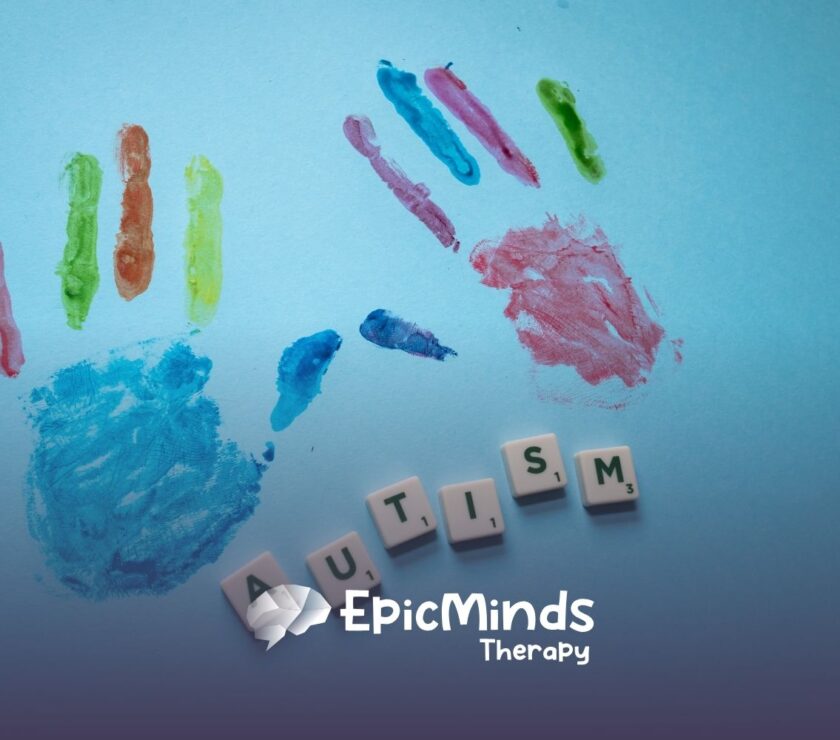Does ABA Help with Writing?
Understanding Writing Challenges in Autism
Many children with autism experience difficulties with writing due to challenges in fine motor control, attention, and planning. Tasks such as holding a pencil, forming letters, or organizing thoughts on paper can be more demanding for them. Identifying the underlying cause—whether it’s motor skills, sensory sensitivities, or communication barriers—is key to providing effective support.
How ABA Therapy Supports Writing Skills
Applied Behavior Analysis (ABA) focuses on breaking complex skills, like writing, into smaller, teachable steps. Therapists may use task analysis and positive reinforcement to help children master fine motor movements, develop hand-eye coordination, and improve focus. Additionally, ABA programs can target pre-writing skills such as tracing, copying, and following visual prompts to gradually build writing independence.
Collaboration with Other Therapies
ABA therapy often works hand-in-hand with occupational therapy to strengthen grip, posture, and coordination, which are essential for writing. This combined approach helps children build the physical and cognitive foundations needed for writing success.
Conclusion
Writing can be a challenging skill for many children with autism, but with the right approach and support, steady progress is possible. ABA therapy helps by teaching small, manageable steps that build confidence and improve fine motor and communication skills needed for writing.
At Epic Minds Therapy, we understand that every child learns differently. Our ABA therapy programs in North Carolina are designed to meet each child’s individual needs—whether it’s developing writing, communication, or daily living skills. With compassionate therapists and evidence-based strategies, we help children build lasting progress, one skill at a time.
FAQs
1. Can ABA therapy help my child write letters or words?
Yes, ABA therapy can teach step-by-step writing skills through structured reinforcement and individualized goals.
2. Is writing part of every ABA program?
It depends on the child’s needs—writing goals are included if they align with communication or academic development.
3. Does ABA replace occupational therapy for writing?
No, but ABA can complement occupational therapy by addressing behavioral and learning barriers to writing.
–
Sources:
- https://www.psychiatry.org/patients-families/autism/what-is-autism-spectrum-disorder
- https://www.autism.org.uk/advice-and-guidance/professional-practice/motor-skills
- https://www.autismspeaks.org/sensory-issues
- https://www.cambslearntogether.co.uk/cambridgeshire-send/cambridgeshire-send-oap-toolkits/primary-and-secondary-send-oap-toolkit/autism-social-communication-speech-language-and-communication/autism-and-social-communication-asc/identifying-barriers-and-understanding-needs
- https://www.autismspeaks.org/applied-behavior-analysis
- https://www.aota.org/about/what-is-ot





